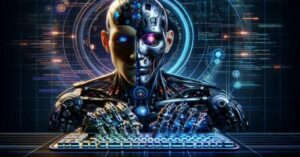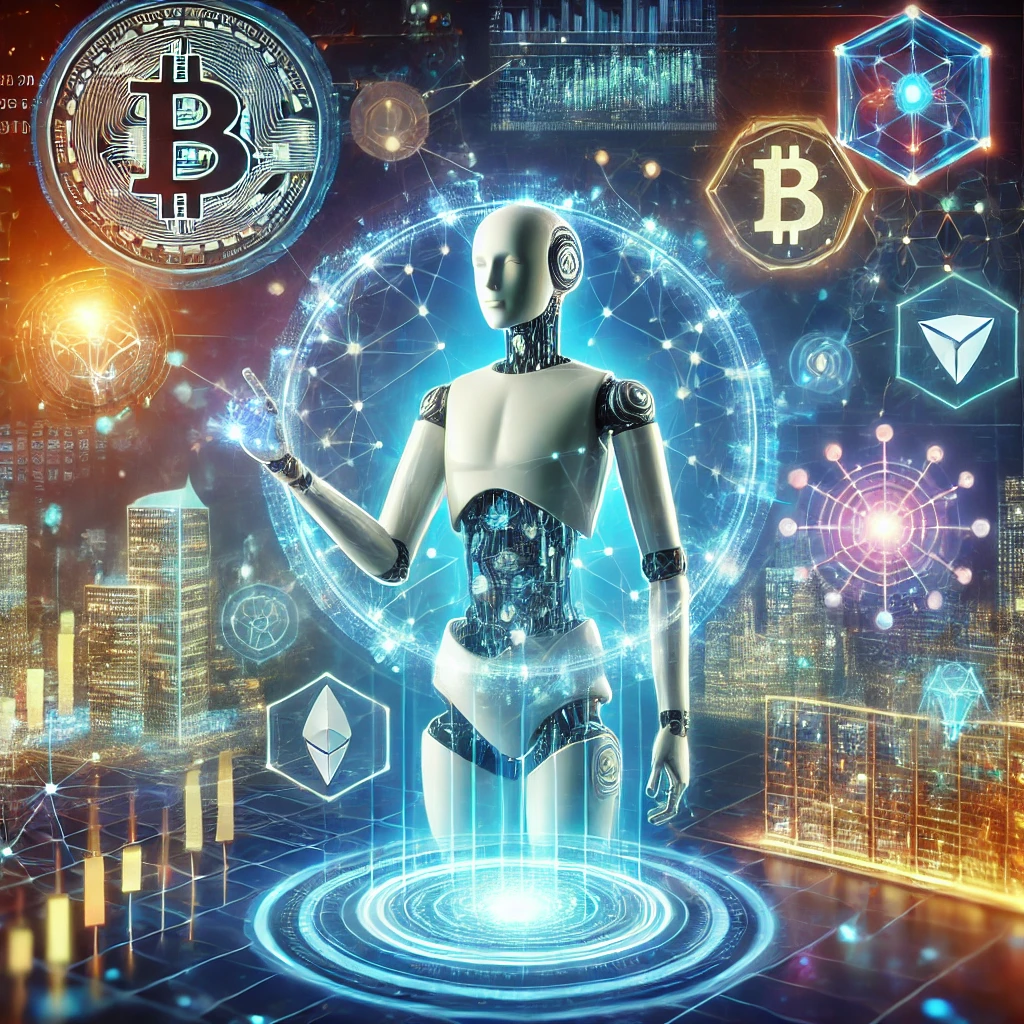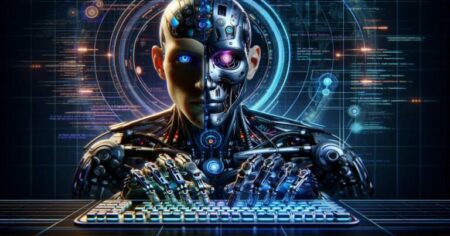Artificial intelligence (AI) is reshaping industries and societies at an unprecedented pace. From enabling smarter technologies to creating innovative business opportunities, AI’s influence is omnipresent. This article explores key trends, applications, and future prospects of AI, emphasizing its relevance to businesses and individuals alike.
What is Artificial Intelligence?
Artificial Intelligence refers to machines and systems capable of simulating human intelligence. It encompasses various fields such as machine learning, natural language processing, and robotics. AI systems learn from data, adapt to new inputs, and perform tasks traditionally requiring human cognition, such as problem-solving, decision-making, and visual recognition.
Current Trends in AI (2025 and Beyond)
- Generative AI’s Explosive Growth
Generative AI technologies, like ChatGPT and DALL-E, have dominated the market, enabling creative tasks such as text generation, art creation, and software coding. Investment in this sector reached a staggering $25.2 billion in 2023, highlighting its growing significance. - Smaller, More Efficient Models
With increasing demand for faster AI systems and rising cloud costs, researchers are focusing on smaller, optimized AI models. Techniques such as quantization and Low Rank Adaptation (LoRA) reduce memory usage while maintaining performance. - AI in Business Automation
Industries like healthcare, finance, and supply chain management are adopting AI for tailored solutions. Custom models developed using proprietary data help organizations gain competitive advantages while ensuring privacy. - AI Governance and Ethics
As AI becomes more integrated into daily life, concerns around its ethical use and governance have risen. Efforts to regulate AI, such as the AI Governance Alliance, aim to balance innovation with societal trust and security.
Applications of AI in Everyday Life
- Healthcare: AI assists in diagnostics, personalized treatments, and managing hospital operations.
- Finance: Fraud detection, algorithmic trading, and customer support are becoming AI-driven.
- Retail: Predictive analytics and recommendation engines enhance the shopping experience.
- Education: AI-powered platforms provide personalized learning paths for students.
The Future of AI
Looking ahead, AI is poised to drive innovation in robotics, autonomous systems, and even human creativity. By 2030, it is estimated that AI’s contribution to the global economy could reach $15.7 trillion. However, challenges such as data privacy, ethical considerations, and high development costs will require collaborative efforts among governments, businesses, and academia to address.
Engage With Us!
What are your thoughts on AI’s role in shaping the future? Leave a comment below and share this article if you found it insightful. For more tech updates, follow us on Tech and Cash!







